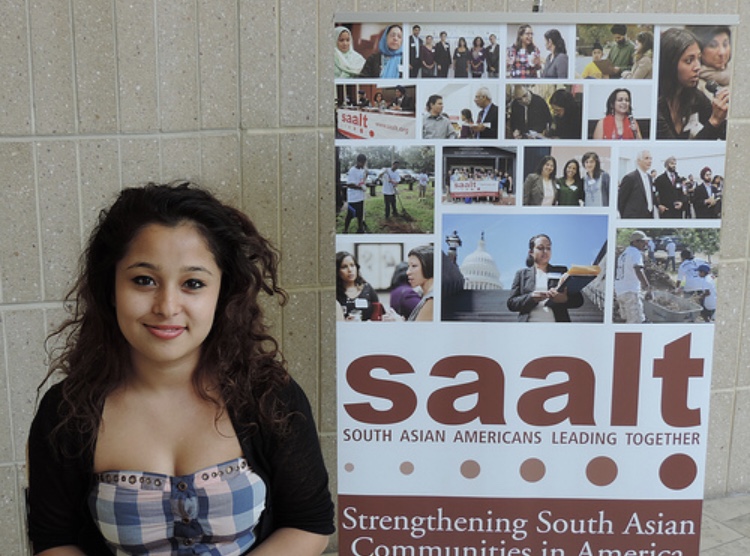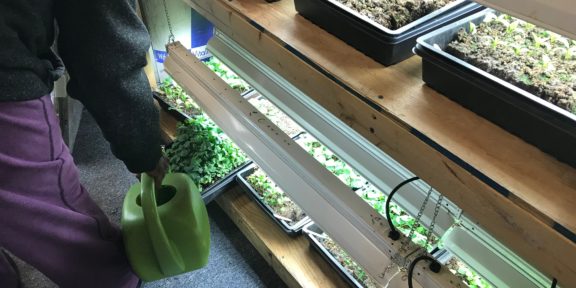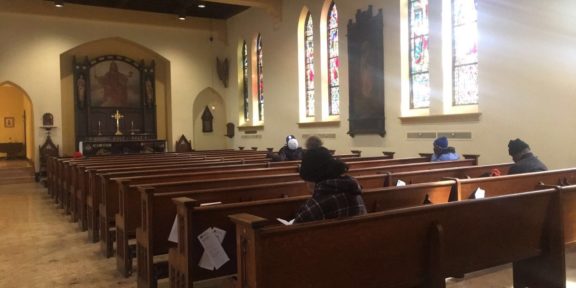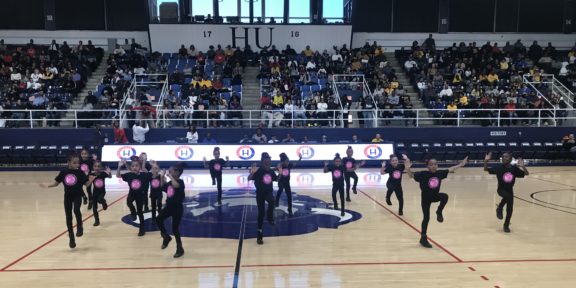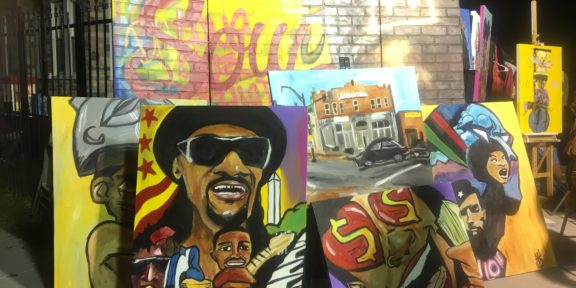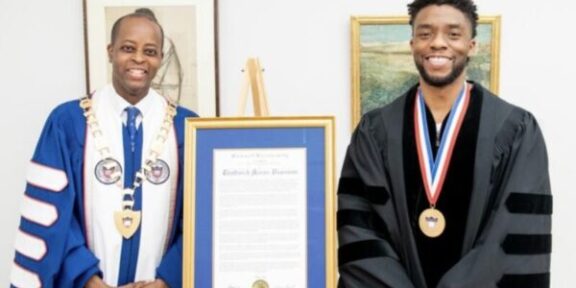Typing swiftly on her neatly organized desk, answering phone calls, and confined by the narrow walls of her home an Indian woman, who wished to remain anonymous, works diligently with South Asian Americans Leading Together to tell her truth, which is her challenging experience as an immigrant in the U.S.
In 2015, then-president Barack Obama issued an executive order that allowed spouses of H-1B holders to be eligible to work or open a business in the U.S. Approximately 136,000 individuals received H-4 status in the fiscal year 2017. According to the State Department, the overwhelming majority of these individuals are of South Asian descent; specifically, in FY 2017, approximately 86% of those who received H-4 visa status were from South Asian countries.
In December 2017, the Department of Homeland Security announced its intent to revoke Employment Authorization Documents for H-4 visa holders. According to SAALT, a notice of proposed rulemaking is expected to be published in the coming weeks.
SAALT is a non-profit organization that fights for racial justice and advocates for the civil rights of all South Asians in the United States. SAALT is the only national South Asian organization that advocates around issues affecting South Asian communities through a social justice framework. It is known to advocate for structural changes while working with the existing power systems.
Suman Raghunathan, the executive director of SAALT, said, “our work is really about influencing and forming the national debate on our communities. We are trying to shine a light on how South Asians, contrary to popular belief, are deeply impacted by these dynamics with respect to immigration enforcement.”
Troubling policies are “coming down from the administration any day now,” that seek to prevent legal immigrants from working in the U.S., Raghunathan noted.
“In the election year of 2016, Trump sought out make immigrants the source of societal problems including unemployment and criminality, Jayesh Rathod, a law professor at American University said. “The real picture is much more complicated than these proposed narratives.”
An essential aspect of the SAALT organization is telling the different narratives of South Asian Americans. They believe that every story is compelling and everyone deserves to be heard. SAALT is committed to highlighting these stories in their debate to reform the immigration system in America.
‘I felt like my entire life was pointless’
“Sk” is an acronym used to shield the identity of a 32-year-old Indian woman who currently lives in San Diego, California. Her goal is to not become a walking target in the United States; she is afraid that going on the books will make it harder for her to obtain jobs and recognizes that the climate of immigration is weak and she wishes to conceal her identity.
“Depression is an understatement for what I went through. I felt like my entire life was pointless, and I lost hope in America. I was not able to enjoy the things that I once enjoyed including my marriage. In 2018, I was able to work in America, but because of the strong stigma against H-4 residents it has been difficult to keep a secure job,” says Sk.
“I had a very different kind of life in India; I was extremely sociable. I had a ton of friends, and it was easy to make friends. I knew the culture, and that has not been the same in the U.S.,” says Sk.
SAALT recognizes that helping South Asian Americans is a never-ending job and they tackle each case with care and compassion.
Sk works as an informant for SAALT to help produce valid research on injustices that South Asian Americans face. “SAALT is championing the salvation cause. More organizations that conduct research should exist, but they don’t. SAALT has opened the door for conversation and dialogue,” says Sk.
The U.S. can take away H-4 visas holders right to work any day now. Sk said, “But then the question is, if it was not me then someone else would be here going through the same thing.” Sk knows that her story is compelling and she will continue to speak.

